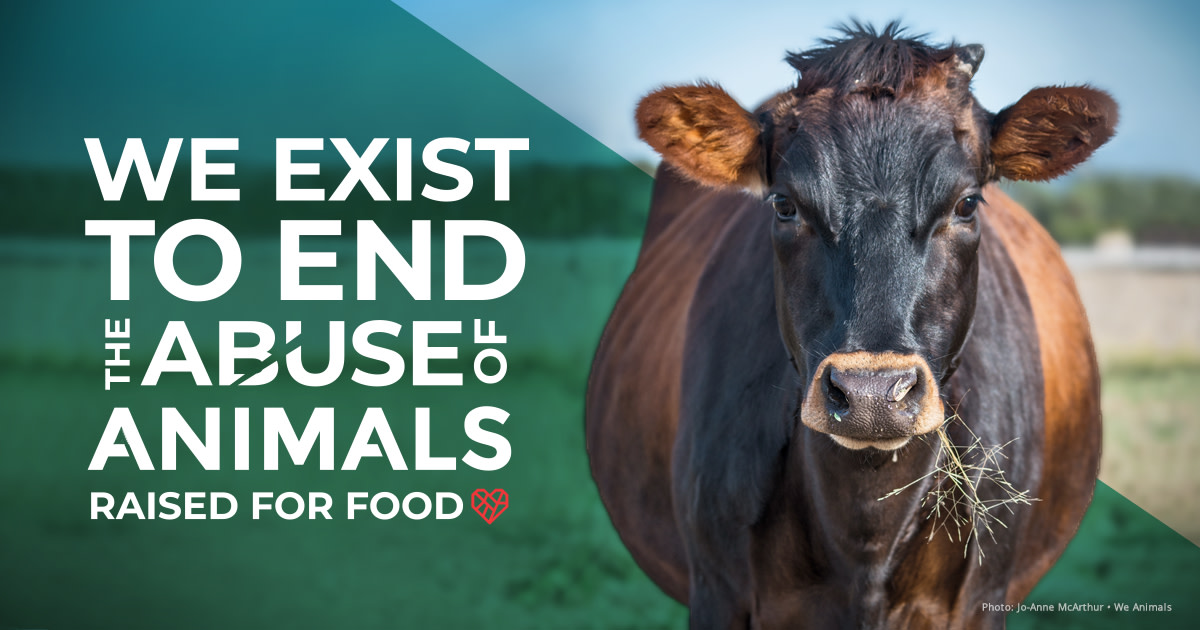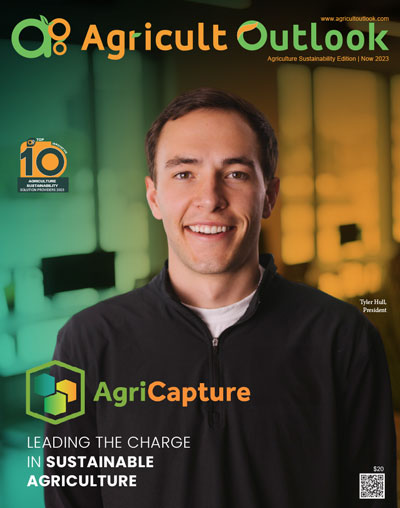The Humane League, a global nonprofit that exists to end the abuse of animals raised for food, has officially announced the launch of a new coalition called Animal Policy Alliance (APA), which arrives on the scene with a mission to end large-scale animal cruelty in the US through policy change. According to certain reports, the stated coalition will bring together more than 15 different partners to provide legislative campaign strategies, resources, and grants for the purpose of creating connections with legislators at the city, state, and federal levels. This it will do to advocate for policies that benefit farmed animals. Talk about some specific focal points of APA, they begin from its No Backyard Slaughter campaign, where the coalition focuses on ending backyard slaughterhouses located in predominantly BIPOC communities. Next up, we must get into APA’s promise to make the State of DC completely fur-free. Here, the idea is to protect minks, rabbits, foxes, and wild animals by strictly banning the sale of fur. Not just DC, the coalition is also looking to get a similar ban imposed throughout the New York State. Moving on, another one of APA’s priorities is going to be introducing plant-based meals in schools across the Washington state. To achieve that, it has recruited Pasado’s Safe Haven, with the organization working alongside Washington lawmakers to include funding for plant-based school meals in the state operating budget. A similar initiative of bringing plant-based meals to schools is also underway in California.
“In public policy conversations and legislation in the U.S., farmed animals are tragically underrepresented. We launched the Animal Policy Alliance to try to change that,” said Gabriel Wildgen, Senior Director of Public Policy at the Humane League. “We’re seeing strong momentum at the state and local level and there is still so much more to be done to end large-scale animal cruelty. We’re eager to partner closely with local groups and legislators around the country to create meaningful and lasting change to reduce the suffering of animals who are abused every day on factory farms.”
Rounding up highlights will be APA’s bid to make a dedicated effort towards keeping harmful factory farming interests out of the federal Farm Bill.
Although still at nascent stage, APA has already played a part in securing some major wins for animal welfare. To give you an example, in Washington State, it helped in getting a bill passed for banning octopus farming. Apart from that, it called for and successfully realized a ban of gestation and veal crate. Markedly enough, groups in New York and Pittsburgh have also enjoyed success when it came down to defending foie gras bans, and same can be said about the effort to introduce a bill which bans rabbit slaughter in Connecticut. Hold on, there is more, considering we still haven’t touched on APA’s positive push in regards to persuading the USDA to update its child nutrition meal patterns. We also haven’t mentioned the way it was able to convince Congress to oppose the Ending Agricultural Trade Suppression (EATS) Act that would have nullified state and local bans on the sale of products from intensive animal confinement in the US.
At the time of formation, APA members include Animal Protection League of New Jersey, Animal Protection Voters, APEX Advocacy, Chilis On Wheels, Connecticut Votes for Animals, Cultivate Empathy for All, DC Voters for Animals, Humane Action Pittsburgh, Missouri Alliance for Animal Legislation, Northwest Animal Rights Network, Pasado’s Safe Haven, Social Compassion in Legislation, Texas Humane Legislation Network, Vegan Activist Alliance, and Voters for Animal Rights.



